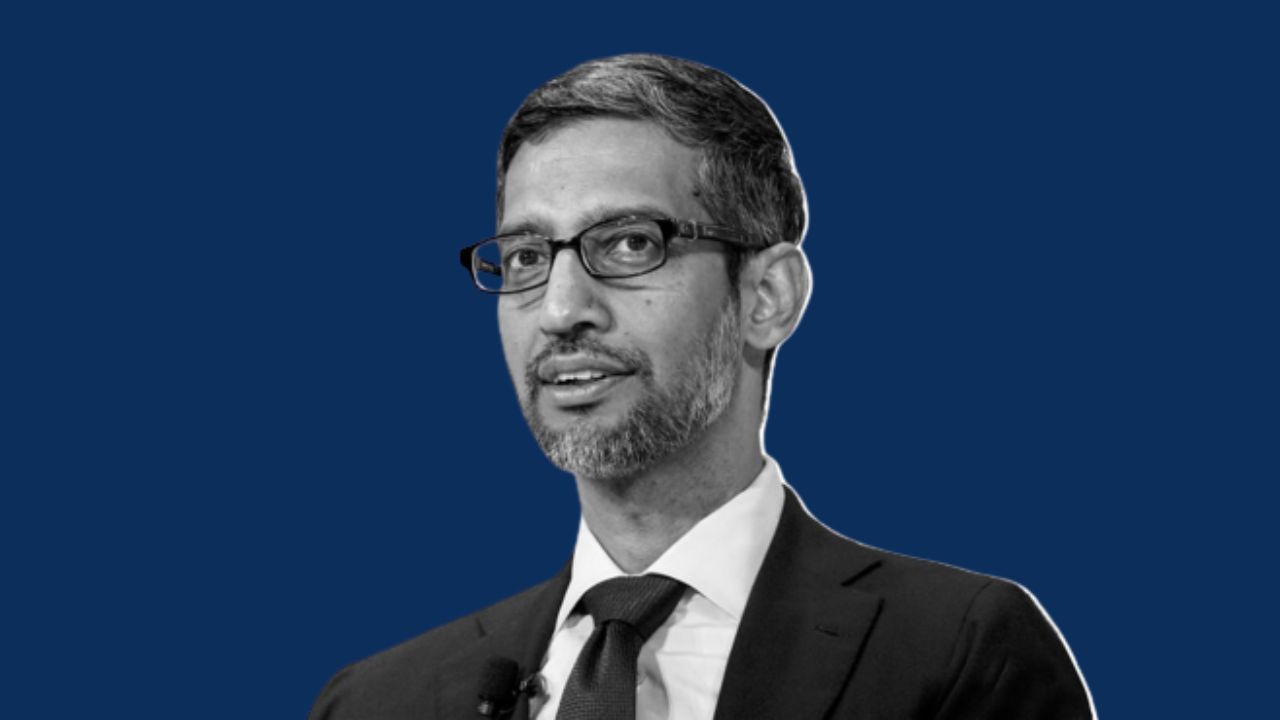CEO Sundar Pichai took the stand this week in a high-stakes trial, defending Google against accusations from Fortnite maker Epic Games that the tech giant’s Google Play store employs illegal monopolistic tactics to maintain dominance. in the mobile application distribution market.
Pichai’s testimony marks the second time in two weeks that the soft-spoken CEO has appeared in court to refute allegations of anti-competitive behavior. His back-to-back appearances highlight the growing legal threats facing Google and its parent company, Alphabet, over accusations that the tech giant abuses its influence in the online search, digital advertising and app stores markets.
The trial caps a pivotal year in Big Tech’s confrontation with antitrust regulators around the world. Google faces a series of investigations and lawsuits accusing it of abusing its influence in digital markets to unfairly crush rivals and harm consumers. The San Francisco trial poses another critical test of Google’s market power.
Epic seeks to break Google’s control over Android app distribution
During 90 minutes of intense questioning, Pichai calmly defended Google’s practices and transparency in record-keeping against claims that the company uses underhanded tactics to cement the Google Play Store’s dominance in Android app distribution.
Epic lawyers confronted Pichai with emails and internal records aimed at showing that Google initially developed Android as an open ecosystem, but then used restrictive covenants and revenue-sharing agreements to prevent rival app stores from gaining traction.
According to Epic’s description, Google imposes unnecessary obstacles and warnings that make it difficult for Android users to download apps directly from developers instead of through the Google Play store. Epic claims that such policies illegally help Google Play defend itself against competition.
Pichai insisted that Google’s practices ultimately provide “safety and security” to users and reflect fair compensation for the company’s significant investments and risks in developing Android and Google Play in a ubiquitous mobile market.
Apple deal offers rare insight into Google’s secret revenue sharing
In a rare peek behind the curtain of Silicon Valley business, Pichai confirmed that Google provides billions in annual payments to Apple to remain the default search engine in the iPhone’s Safari browser.
Pichai revealed that Google is giving Apple an estimated 36% cut, representing a majority share of the $26 billion Google spent on revenue sharing with partners in 2021. The disclosure provided insight into the huge sums that Google is willing to pay to secure prime placement for its search engine against rivals.
While Pichai declined to disclose the actual dollars paid to Apple, applying the 36% figure to Google’s reported $26 billion in revenue sharing costs suggests the company may have provided more than $9 billion. to Apple in 2021.
The revelation illustrates the enormous incentives at play as Google navigates business relationships with partners and rivals to protect its dominance in search. Google’s payments probably help explain why Apple has shown little interest in developing its own search product to compete with Google.
Android’s open approach contrasts with Apple’s walled garden
Under friendlier questioning from Google’s lawyer, Pichai claimed that Android’s “unprecedented” open platform approach contrasts with Apple’s closed iOS ecosystem. He stated that Android’s free, open source model has allowed it to reach more than 2.5 billion users worldwide, providing many people with the only way to access a smartphone at an affordable price.
Pichai disputed Epic’s characterization that Google aims to “smother” competition, saying the company remains committed to its mission of organizing the world’s information and making it universally accessible.
The CEO described Android and Google Play as providing consumers and developers with an alternative model to Apple’s more restrictive walled garden. Pichai touted Android’s open ecosystem as allowing innovators to reach large audiences in ways unimaginable just a decade ago.
Google’s antitrust problems extend far beyond Android
While the San Francisco trial focuses on Android and Google Play, Pichai’s back-to-back court appearances underscore much broader antitrust threats looming over the search and advertising giant.
Google faces a growing avalanche of litigation and regulatory actions accusing it of abusing its dominance in its core businesses, including online search, digital advertising, smartphone software and web browsers.
In early October, Pichai appeared in Washington to defend Google’s search practices in a landmark antitrust lawsuit brought by the U.S. Department of Justice and state attorneys general. The Justice Department case alleges that Google illegally excludes its rivals from search partnerships and manipulates search results in its favor.
Google also faces antitrust investigations by attorneys general over its digital advertising practices and its control over the technology used to serve ads online. Globally, the company faces investigations and charges in South Korea, India, Australia and throughout Europe.
The cascading threats present Pichai with his biggest crisis since he took the helm in 2015. Google’s performance in the Android trial and a broader antitrust blitz could shape the future of its business model and Silicon Valley’s power dynamics in the years to come.
Subscribe to our latest newsletter
To read our exclusive content, register now. $5/Monthly, $50/Yearly
Categories: Technology
Source: vtt.edu.vn
